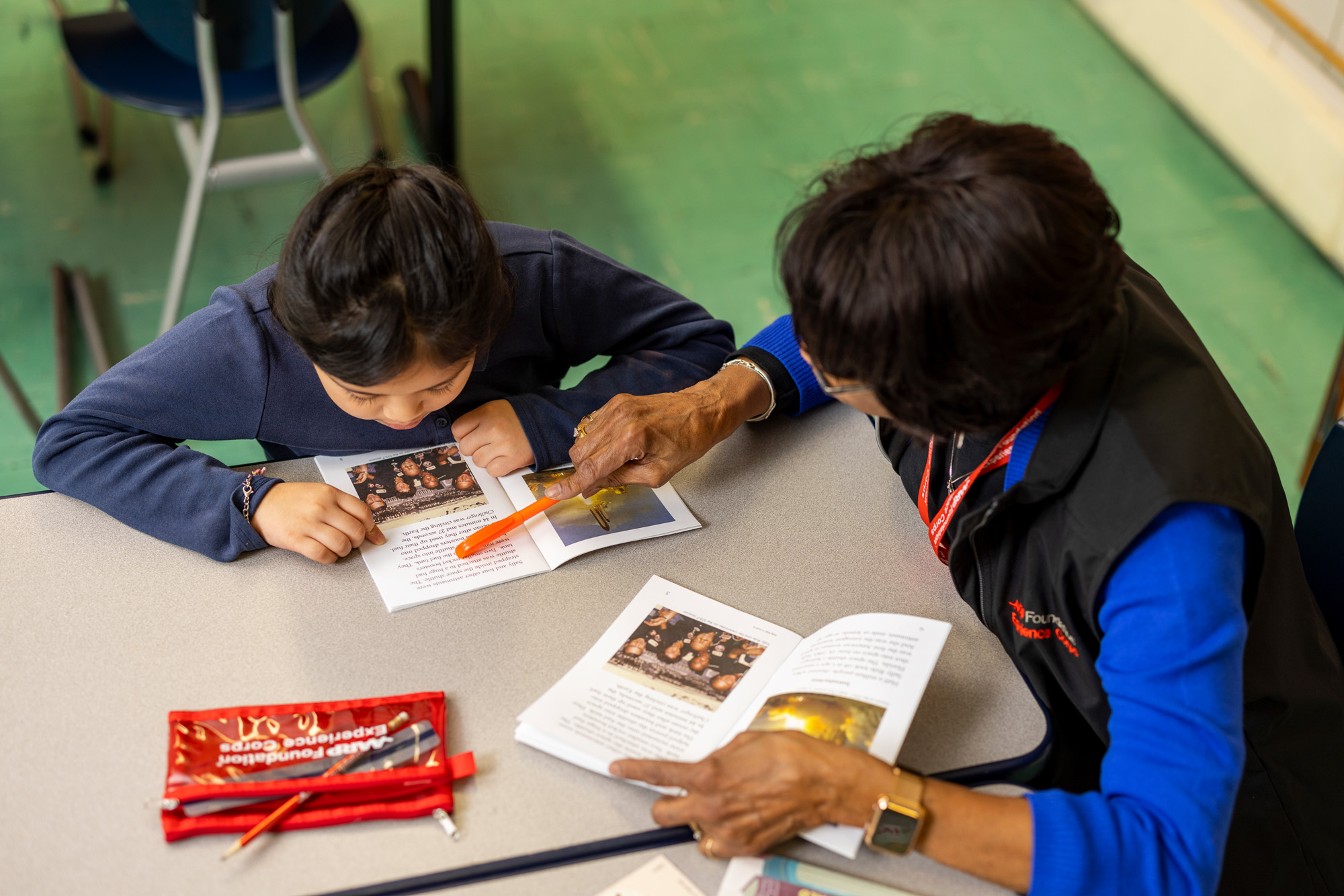Area group's education initiative receives federal funding
Buffalo's Promise Neighborhood project was one of five in the nation to secure federal funding to provide "cradle to career" services for children in an effort to improve educational outcomes among low-income areas, federal officials announced today.
The local initiative will receive five years of funding from the federal government, including $1.5 million in its first year. M&T Bank this fall pledged to match the federal funds and to raise an additional $9 million in private funding.
The initiative is largely modeled after the Harlem Children's Zone, where families in a 100-block area receive wraparound services, from health care to educational support, beginning with prenatal care and leading through high school graduation.
Buffalo's Promise Neighborhood will focus on the 14215 ZIP code, building on the success that has been realized in the Westminster Community Charter School. The plan seeks to stabilize the neighborhood, increase services to families, and ultimately improve the education at three schools in that area: Bennett High School, Highgate Heights Elementary and Westminster Community Charter School.
"I commend all communities that are putting education at the center of efforts to fight poverty in urban and rural areas," said Melody Barnes, domestic policy adviser to President Obama. "The goal of Promise Neighborhoods is to provide the resources and support young people need to succeed while transforming distressed neighborhoods into communities of opportunity."
Other winners of five-year implementation grants are: Minneapolis; San Antonio; Clay, Jackson and Owsley counties in Kentucky; and Hayward, Calif.
The Westminster Foundation last year was one of 21 groups out of 339 that applied that won a $500,000 planning grant from the federal government. M&T Bank contributed $150,000 and the Oishei Foundation contributed $100,000 to supplement the federal funds.
More than 100 groups, including the Westminster Foundation, competed for $4 million to $6 million in federal implementation funds, over three to five years, to establish comprehensive services in a designated neighborhood, designed to improve educational outcomes.
Buffalo's application received the highest score of any community in the nation.
Part of the local plan involves the Westminster Foundation's purchase of a building on Bailey Avenue near East Amherst Street to establish an early childhood center.
Partners in the proposed project include Bethel Head Start, the Buffalo Urban League, the Buffalo Public Schools, the Community Health Center of Buffalo, Read to Succeed Buffalo, the United Way of Buffalo & Erie County and Catholic Charities.
In September, Buffalo Teachers Federation President Philip Rumore resigned from the Westminster Foundation board. He cited concerns that the foundation wanted the district to commit too much of its own funds to the project and cede certain aspects of control of the schools to the Westminster Foundation.
In the final days before the application was submitted to the federal government, district officials spent considerable time revising various parts of the proposed memorandum of understanding.
The final version of the memorandum that the board approved did not include any commitment of district funds to the project. Instead, it relied solely on the federal grant and private funding.







